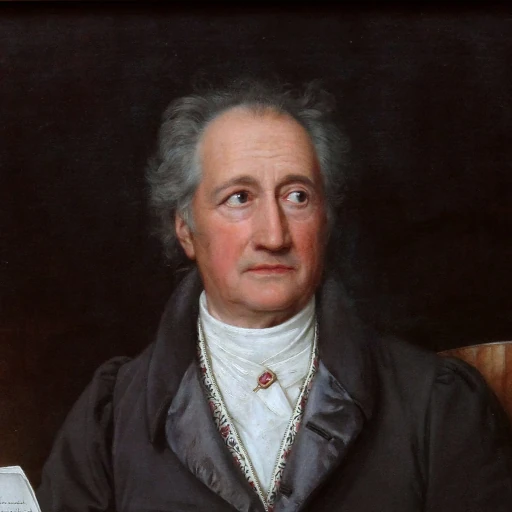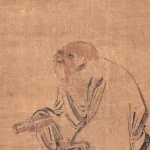“Self-knowledge comes from knowing other men.”

- August 28, 1749 – March 22, 1832
- German
- Poet, playwright, novelist, philosopher, politician
- His literary works “Faust” and “The Sorrows of Young Werther” had a major impact on world literature.
table of contents
Quote
“Self-knowledge comes from knowing other men.”
Explanation
Goethe suggests that the path to understanding oneself is through understanding others. By interacting with and observing people, we learn about human nature, our own reactions, and how we relate to the world. Through these relationships and experiences, we are able to gain insights into our own strengths, weaknesses, values, and motivations. In understanding others, we also learn what resonates with us and what doesn’t, which reflects back on our own identity and self-awareness.
Historically, this idea aligns with Goethe’s philosophical and psychological exploration of human nature. During the Romantic period, thinkers emphasized the importance of relationships and social connections in shaping personal identity. Goethe, with his deep interest in human emotions and interactions, understood that the external world—especially human interaction—was essential to self-discovery.
In modern life, this idea remains relevant. Psychology and sociology often emphasize how our relationships with others, whether in friendships, family, or work, shape our sense of self. For instance, through conflict or collaboration, we come to better understand our own values, boundaries, and communication styles. Understanding other perspectives and recognizing the diversity of thought and behavior around us can help clarify our own beliefs and behaviors.
Goethe’s words remind us that self-knowledge doesn’t exist in isolation. By engaging with and learning from others, we gain deeper insights into who we are, creating a more complete and authentic sense of self.


